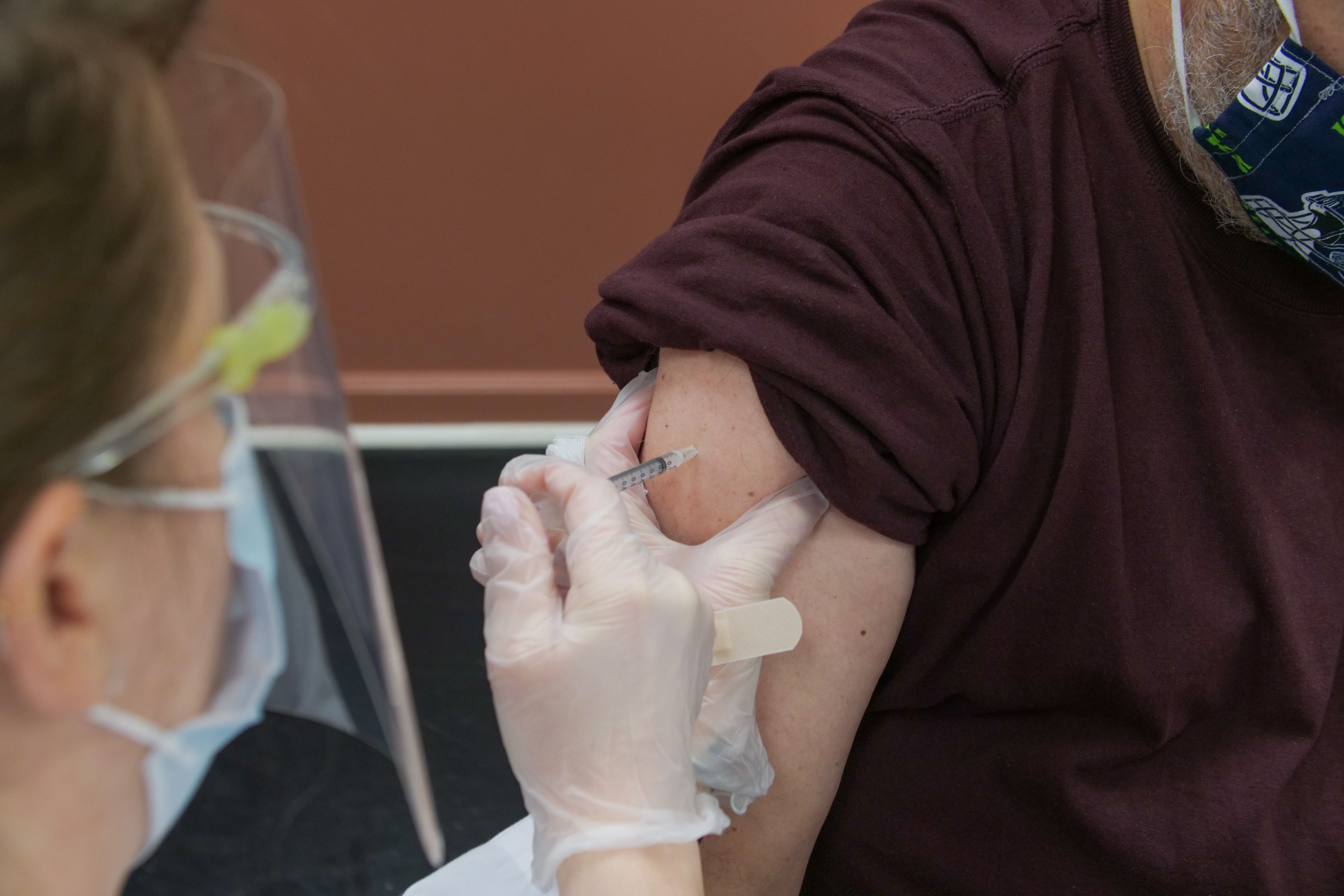Tackling Root Causes: Screening and Addressing Non-Medical Drivers of Health



In what sadly could be called an exception to the rule, it appears Americans took the urgings of the nation's public health leadership to heart and got vaccinated against influenza for the 2020-21 winter season.
A new analysis released November 12th by the US Centers and Disease Control and Prevention (CDC) and published in Morbidity and Mortality Weekly Report (MMWR) found that uptake of flu vaccine between September and December of last year was 9% higher than it was during the same period in 2018 and 2019. However, the report also showed that vaccine uptake among children ages 6 to 23 months and ages 2 to 4 years declined by 13.9% and 11.9%, respectively, from 2018-19 to 2020.
"Flu vaccination coverage for adults has increased over the past 3 flu seasons, so these findings are consistent with recent trends," coauthor Patricia Castro Roman, researcher with the Immunization Services Division at the CDC's National Center for Immunization and Respiratory Diseases and member of the agency's COVID-19 Rapid Response Team, told Contagion. "CDC works each year to eliminate barriers to vaccination and increase the number of people who receive a flu vaccine. Efforts include targeted outreach to raise awareness about the importance of flu vaccination, such as engaging in public awareness campaigns, and collaborating with community-based organizations so that their leaders can be the trusted messengers of flu vaccination messages. Whether last year's increase is attributable to some of these flu immunization campaigns is unclear."
An example of the agency's outreach efforts includes a special campaign with the Ad Council and American Medical Association that urges Americans to get their annual flu shot, according to Castro Roman.
In addition, federal public health officials, most notably Anthony Fauci, MD, director of the National Institute of Allergy and Infectious Diseases, led a media blitz in the fall of 2020 pushing Americans to get the flu shot. This was, of course, in the period immediately before COVID-19 vaccines were cleared for use and there were concerns over circulation of both viruses posing a "diagnostic challenge."
However, as we've seen with the COVID-19 vaccination efforts, not everyone pays attention to public health messaging from federal officials, with Fauci, sadly, too often at the center of controversy.
Still, for the 11 jurisdictions included in this CDC analysis, there were nearly 16.9 million influenza vaccine doses distributed between September and December 2020, compared with an average of 15.5 million for these same regions during the same weeks in 2018 and 2019. The biggest increases were seen in adults (14.6% for ages 18 to 49 years; 15.3% for ages 50 to 64 years; 9.5% for age 65 years and older), though, unlike younger children, those ages 13 to 17 years saw a 12.9% rise in doses distributed.
"Although the reasons for the drop in flu vaccination coverage among children were not assessed in this study, we do know that disruptions from the COVID-19 pandemic resulted in many children missing well-child visits and routine recommended vaccines," Castro Roman said. "Decisions about whether to vaccinate children against flu might have been influenced by the time of year the annual well-child check-up was conducted, or by COVID-19–related barriers to health care access, including provider office closures or fear of contracting COVID-19 while getting the flu vaccine. In addition, because many students were out of school and learning virtually, some parents might have perceived their children were at lower risk for flu."
Unfortunately, the good news may end there. According to Castro Roman, preliminary in-season estimates of flu vaccine coverage this fall suggest that uptake for this season so far is lower than last, including among children. This is significant, given that factors such as reduced population immunity due to a lack of flu activity since March 2020 could create conditions for "a more severe season," she said.
"It will be important to watch vaccination coverage estimates carefully to see whether these early indications of lower coverage remain consistent," Castro Roman said.
Indeed, and whether the public will listen to the advice of health leaders.
Comments
Post a Comment